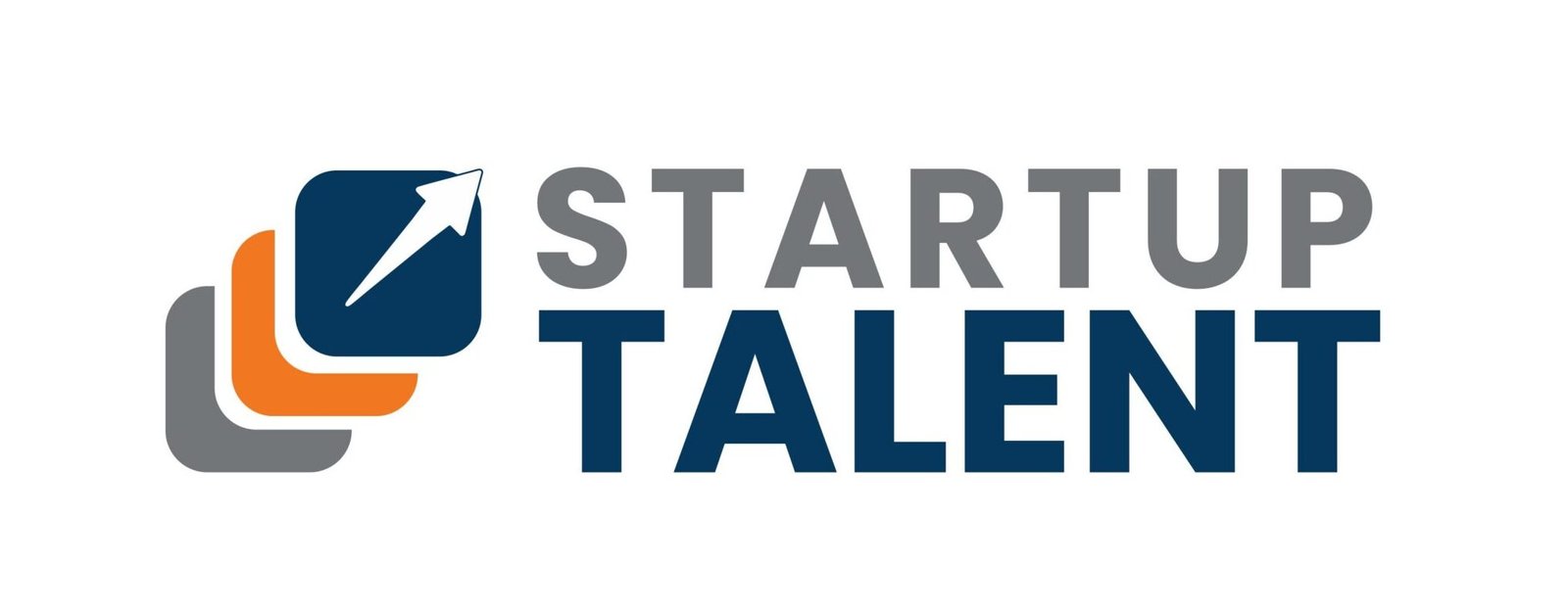Starting a new business venture can be daunting, and this challenge only intensifies when you are on the journey of scaling your startup. As your startup expands, maintaining the same level of quality becomes increasingly challenging. Startups often need help prioritizing rapid growth at the expense of quality, risking customer trust and loyalty erosion.
This article will discuss practical strategies for scaling a startup without compromising quality.
The Significance of Quality Preservation
Quality serves as the bedrock of any successful business endeavor, including startups. A decline in quality can lead to substantial losses for both customers and revenue. Upholding quality is crucial for ensuring customer satisfaction and retention and safeguarding the business’s reputation. Scaling without a comprehensive plan to preserve quality carries various risks.
For instance, subpar product quality may lead to increased product returns, escalating costs, and tarnishing your brand’s reputation.
Moreover, prioritizing quantity over quality can erode the trust of your customer base, jeopardizing your brand’s long-term reputation.
Understanding the Dynamics of Scaling Startups
Scaling a startup entails expanding its market presence, revenue streams, and customer base. This expansion may involve diversifying product offerings, entering new markets, or enhancing production capabilities. Successful scaling can yield substantial benefits, including increased revenue, market penetration, and brand visibility.
Scaling offers startups a host of advantages and opportunities, including:
Increased Revenue: Expansion facilitates access to new revenue streams, bolstering overall financial growth.
Enhanced Market Share: Scaling enables startups to capture a larger market share, fostering greater brand recognition and customer loyalty.
Brand Establishment: Successful scaling elevates a startup’s brand profile, positioning it as a prominent player within its industry.
Challenges Encountered During Scaling
Despite the potential benefits, startups face various scaling challenges, particularly concerning quality maintenance.
Consistency Preservation: Upholding consistent product and service quality becomes progressively tricky as operations expand.
Resource Constraints: Limited resources or startup funding may hinder startups from maintaining quality standards during rapid growth.
Loss of Oversight: With expansion comes the risk of losing control over operational facets, potentially compromising quality control measures.
In essence, scaling presents both opportunities and hurdles for startups. While the allure of growth is undeniable, acknowledging and addressing the associated challenges is imperative. Through meticulous planning and strategic execution, startups can navigate the scaling process successfully while upholding quality standards.
Cultivating a Quality-First Mindset:
a) Instituting Quality Control Measures:
Implementing robust quality control measures is paramount for identifying and rectifying deviations from established standards. It’s imperative to ensure that all team members comprehend the significance of these measures and receive adequate training to implement them effectively.
As it evolves, startup business funding should be directed towards these measures.
b) Emphasizing testing:
Regular testing is integral to detecting bugs and quality issues that could compromise the customer experience. Establishing a dedicated testing team that collaborates closely with the development team facilitates identifying and resolving quality concerns throughout product development.
c) Harnessing Feedback Mechanisms:
Incorporating feedback mechanisms into the growth strategy enables the identification of areas for enhancement and informed decision-making. Leveraging various feedback channels, such as surveys, polls, and customer support inputs, empowers startups to refine their offerings and enhance customer satisfaction continually.
Fostering a Culture of Quality, Values, and Leadership
Continuous monitoring of products and services across all touchpoints facilitates the timely identification of issues and areas for improvement. By iteratively refining their offerings based on monitoring insights, startups can ensure alignment with customer expectations and quality standards.
Lastly, nurturing a culture that prioritizes quality, upholds core values, and embodies effective leadership is pivotal for sustaining quality amidst growth.
a) Upholding organizational values: Founders and leaders should champion corporate values, prioritize quality, and resonate with all stakeholders. By embedding these values into the company culture, startups can foster a collective commitment to delivering excellence.
b) Fostering Effective Leadership: Effective leadership is pivotal in steering the organization toward quality-centric growth. Leaders should exemplify a steadfast commitment to quality, empower teams to uphold standards, and champion a culture of continuous improvement.
Five bonus points for scaling a startup
Prioritize investing in your team.Your team serves as the foundation of your business, especially as you navigate scaling challenges. As your company expands, cultivating a skilled and motivated workforce becomes imperative. By utilizing startup funding for training and development initiatives, you ensure your employees grow alongside the organization, embodying the commitment to quality and excellence that defines your brand.
Harness the power of technology.
Technology serves as a potent catalyst for facilitating the growth of businesses. By leveraging automation and digital solutions, you can enhance operational efficiency and consistency, mitigating the risks of rapid expansion. Whether implementing customer relationship management (CRM) systems or deploying quality management software, adopting the right technological tools empowers you to uphold the standards of your products or services during periods of growth.
Establish clear process standardization.
Standardizing processes is not about stifling creativity but establishing a foundational quality assurance framework. As businesses scale, there’s a heightened risk of operational processes becoming fragmented. By defining and implementing clear, standardized procedures, you ensure that every facet of your operations adheres to the stringent quality standards that represent your brand, even amidst rapid growth.
Implement rigorous monitoring and adaptation.
The dynamic business landscape requires businesses to continually monitor and adapt their strategies to remain relevant and competitive.
Implementing robust monitoring mechanisms allows you to assess the impact of your scaling endeavors on quality.
Regular audits, customer satisfaction surveys, and performance metrics are invaluable tools for guiding your strategic decisions.
This enables you to refine your approach and uphold quality standards amidst evolving market dynamics.
Concentrate on core competencies.
In the pursuit of expansion, it’s tempting to diversify into various areas. However, spreading your resources too thinly can compromise the quality of your offerings.
Conclusion
By focusing on your core competencies—the distinctive strengths that differentiate your brand—you can scale more effectively while preserving the quality standards that define your business. This targeted approach ensures that your growth initiatives align with your brand’s commitment to excellence.
Follow the strategies mentioned, and partner with the best platforms available for expert guidance. Startup Talent Pro—Talent Recruitment for Startups—is your mentor in scaling your startup. Visit the site and build your ultimate team in a fraction of the time and cost. Contact us at +1 (209) 231-4575 for more information.






